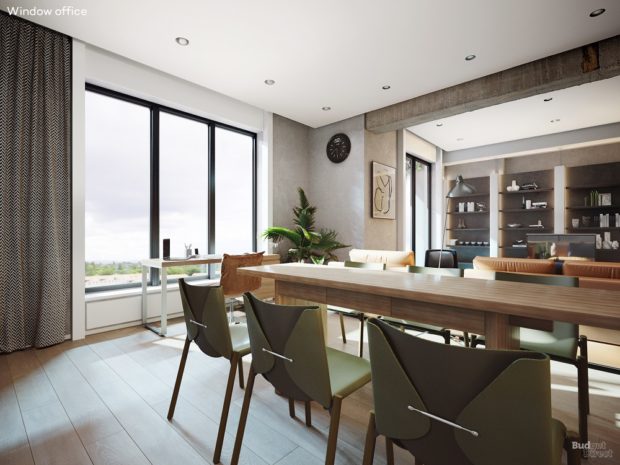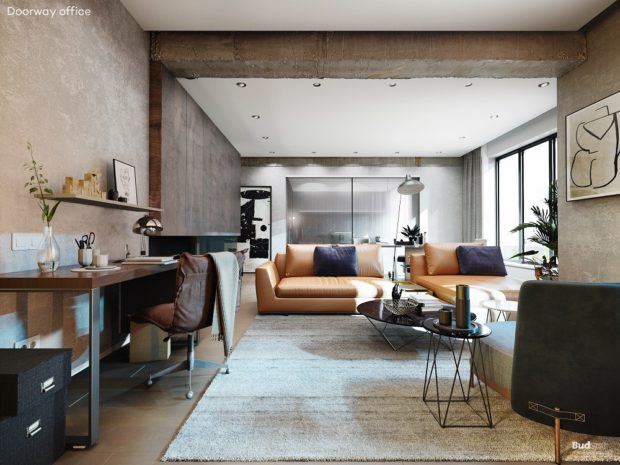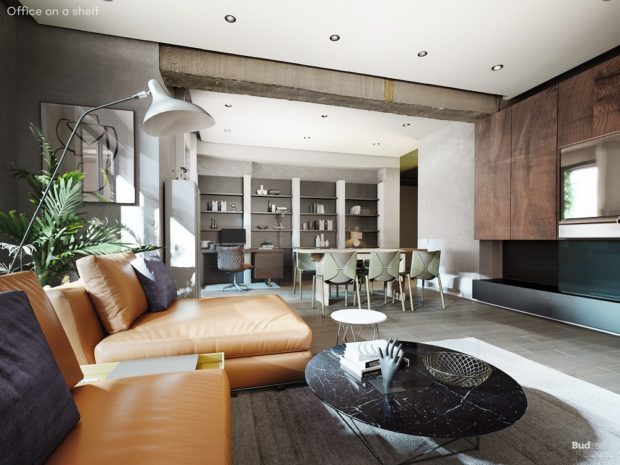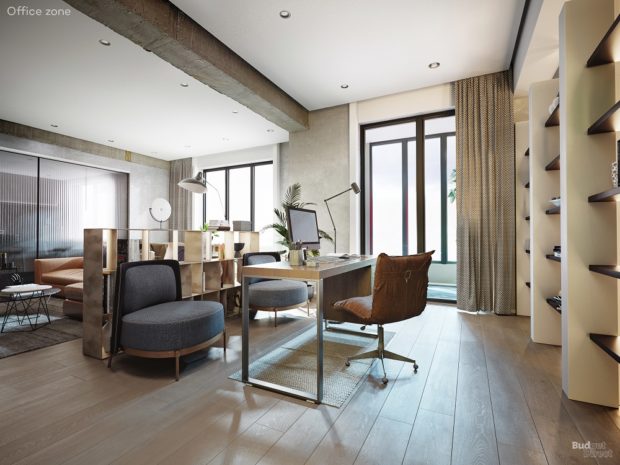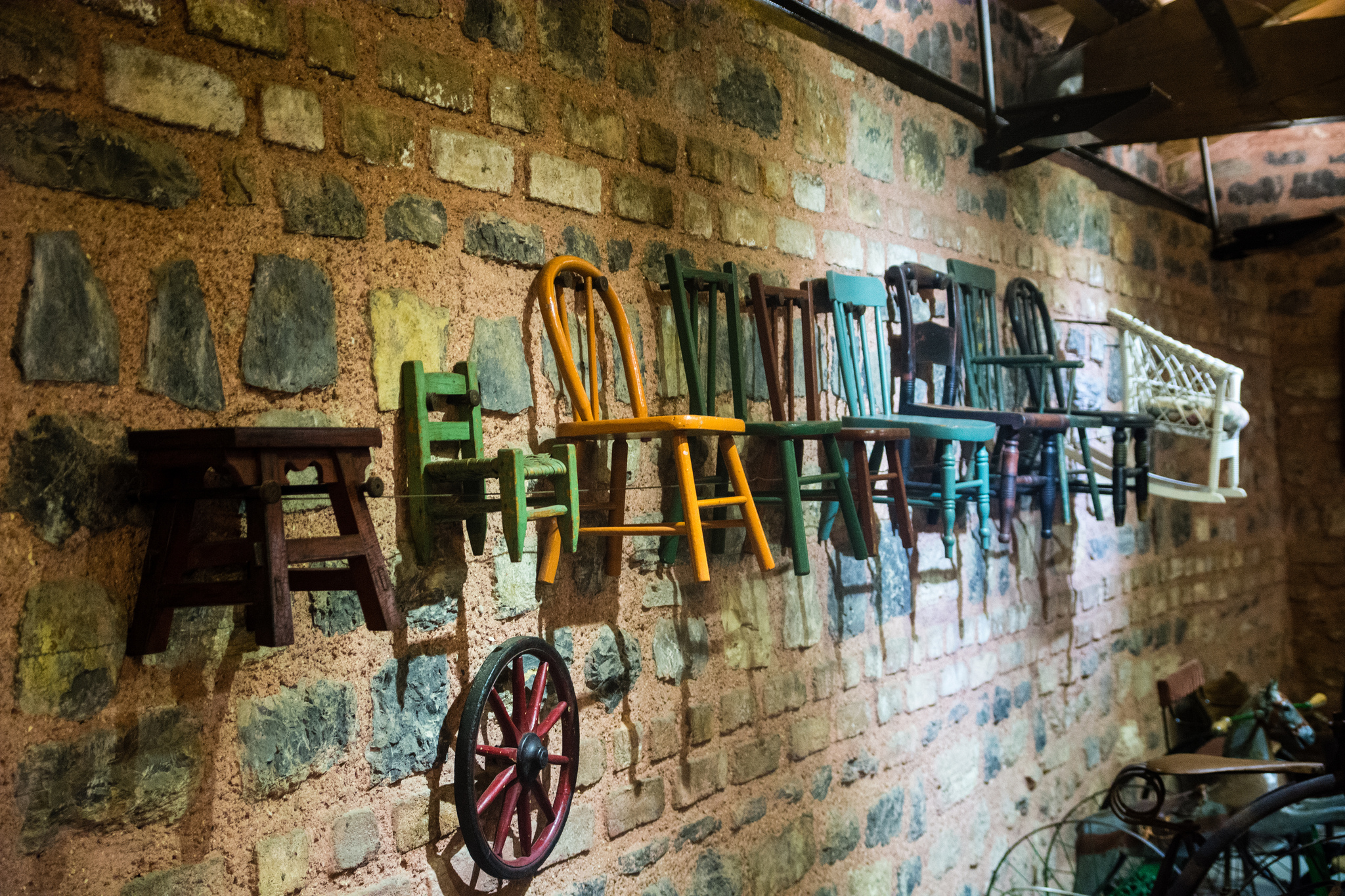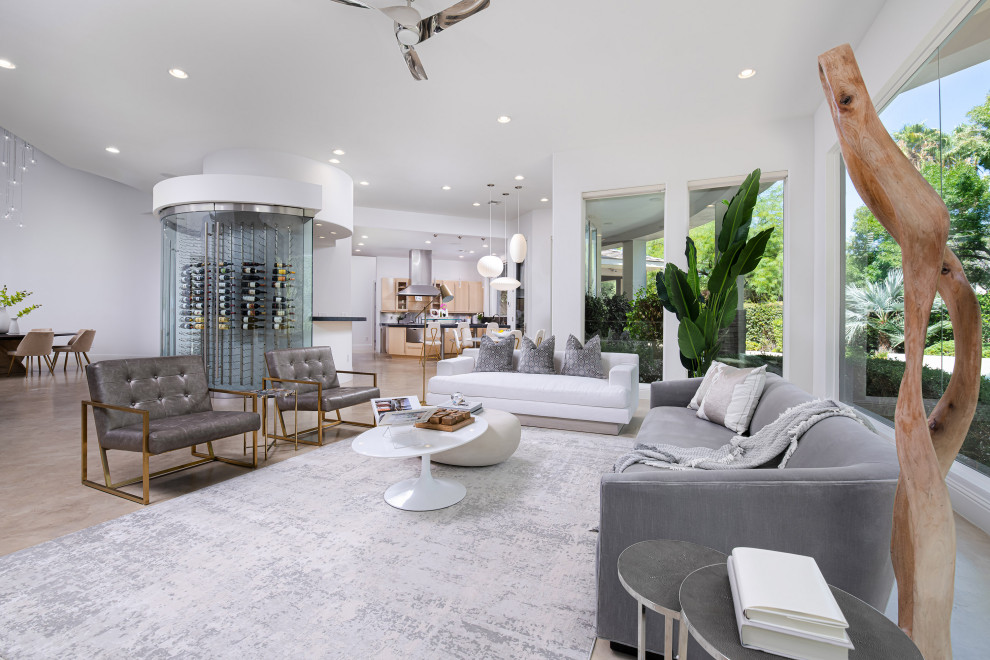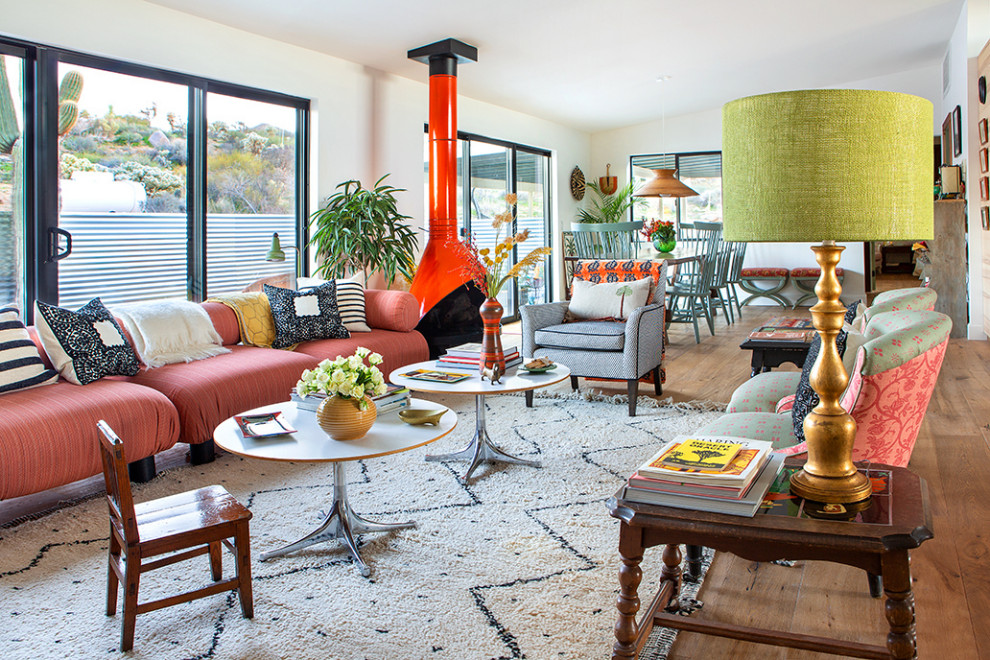Working from home will be a big part of the new normal. This fresh way of doing things saves companies money on running costs and creates a better work/life balance for staff. But our homes, and especially our living rooms, are packed full of distractions. So to help you get the most out of your workday, Budget Direct Home Insurance has come up with the best tips to turn your living room into a productive workspace.
The Snug
Most living rooms have a cozy little snug. It’s probably a corner of the room, occupied by a reading chair or bookshelf. Or it might be lying empty. Either way, snugs are excellent places to work from home. All you need is a small desk and chair and you’ve got your own private office space. Snugs are built for deep thinking on complex work problems.
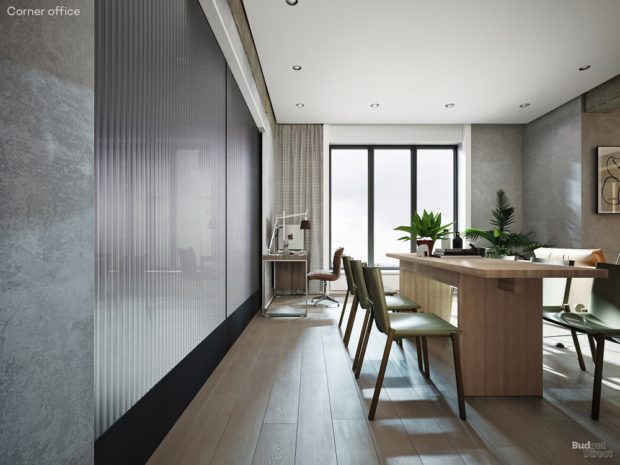
The Conservatory
With lots of natural light and space, the conservatory is an excellent place to set up your home office. And think about adding some greenery. Your new houseplants will also appreciate the sunlight, but they could boost work output. Studies have shown that houseplants can increase productivity and concentration levels by 15%!
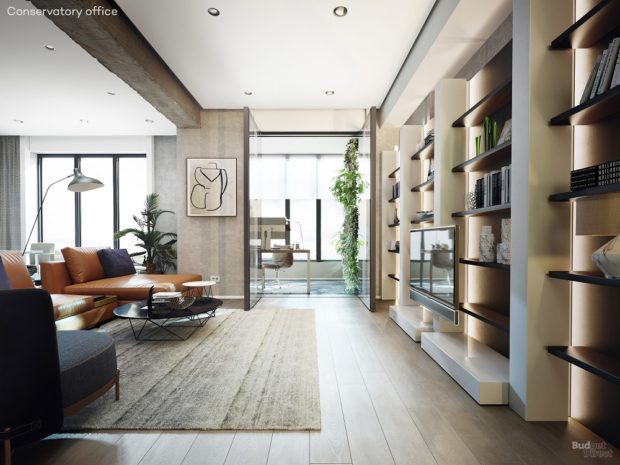
Window desk
Setting up a home working station by the front window creates a sense of space that helps you think more clearly. And it’s good feng-shui to let as much light in as possible. So make sure the curtains are wide open. And open the windows on sunny days or during early afternoons. Fresh air raises your mood and energy levels, powering you through the post-lunch slump.
Fill the space
Work and efficiency go hand in hand. So maybe it’s time to turn that empty space in the living room into a hub of productivity. The free space on either side of the living room door or an unused corner are all good spots for your new desk. For some people, the idea of sitting in front of a blank wall is hell. But for others, it shuts out annoying distractions.
Integrate into the environment
Turning a part of your living room into a home office doesn’t require a DIY overhaul. Instead, think about integrating into the existing space. Optimized shelving units, broader wall fixtures, and some bookshelves often have built-in desks or space to accommodate one. They also provide extra room for stationary, files, and that all-important jumbo mug of coffee.
Zone out
Zoning is a nifty trick of the interior design trade that gives a room double functionality. The zoning principle is simple: just use one large piece of furniture as a divider, splitting the front lounge into a workspace and home space. The back of a sofa is a natural divider, especially when it rests in the center of the room.
It doesn’t take much to turn part of your living room into a functional office area. But not all these tips will work for everyone. So experiment and change things up until you have a space that reflects your working style.

